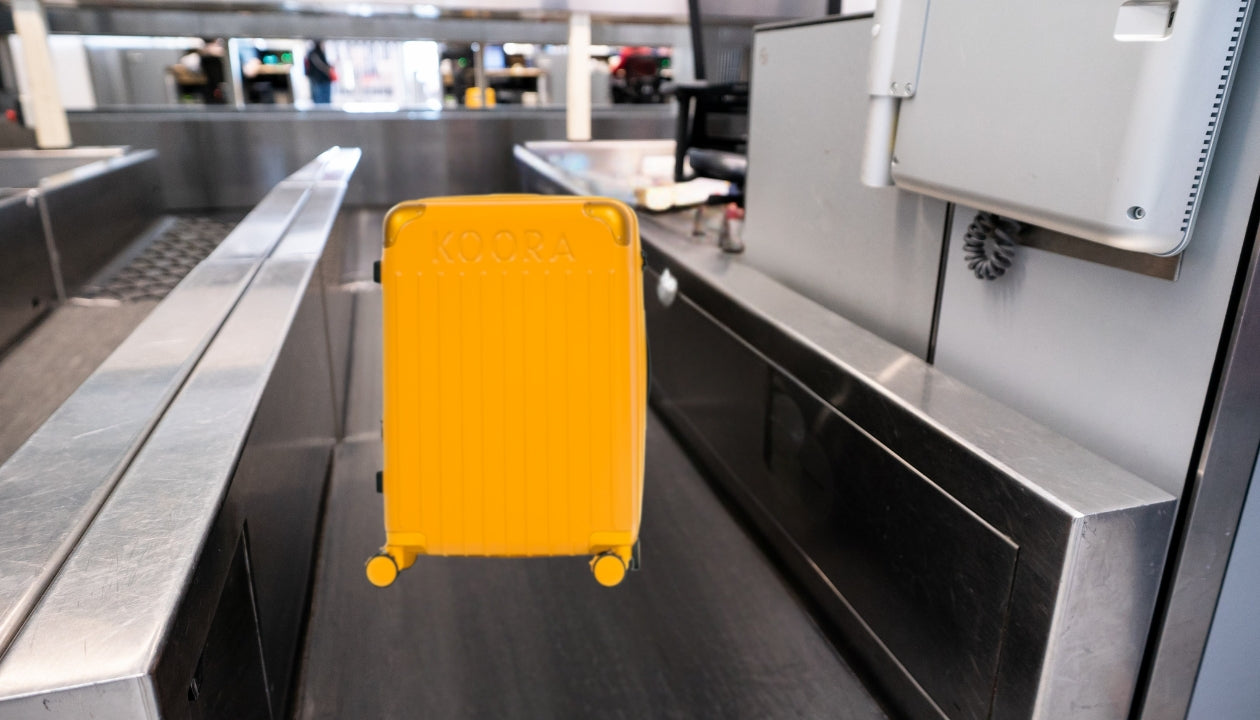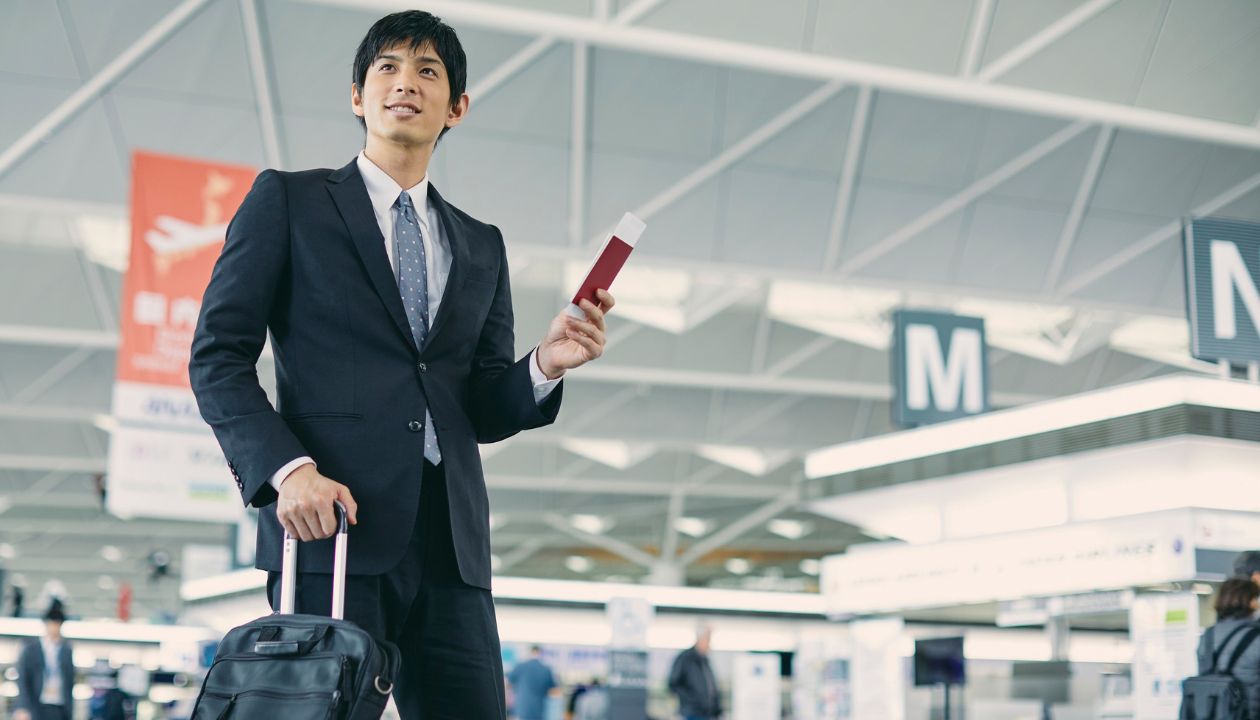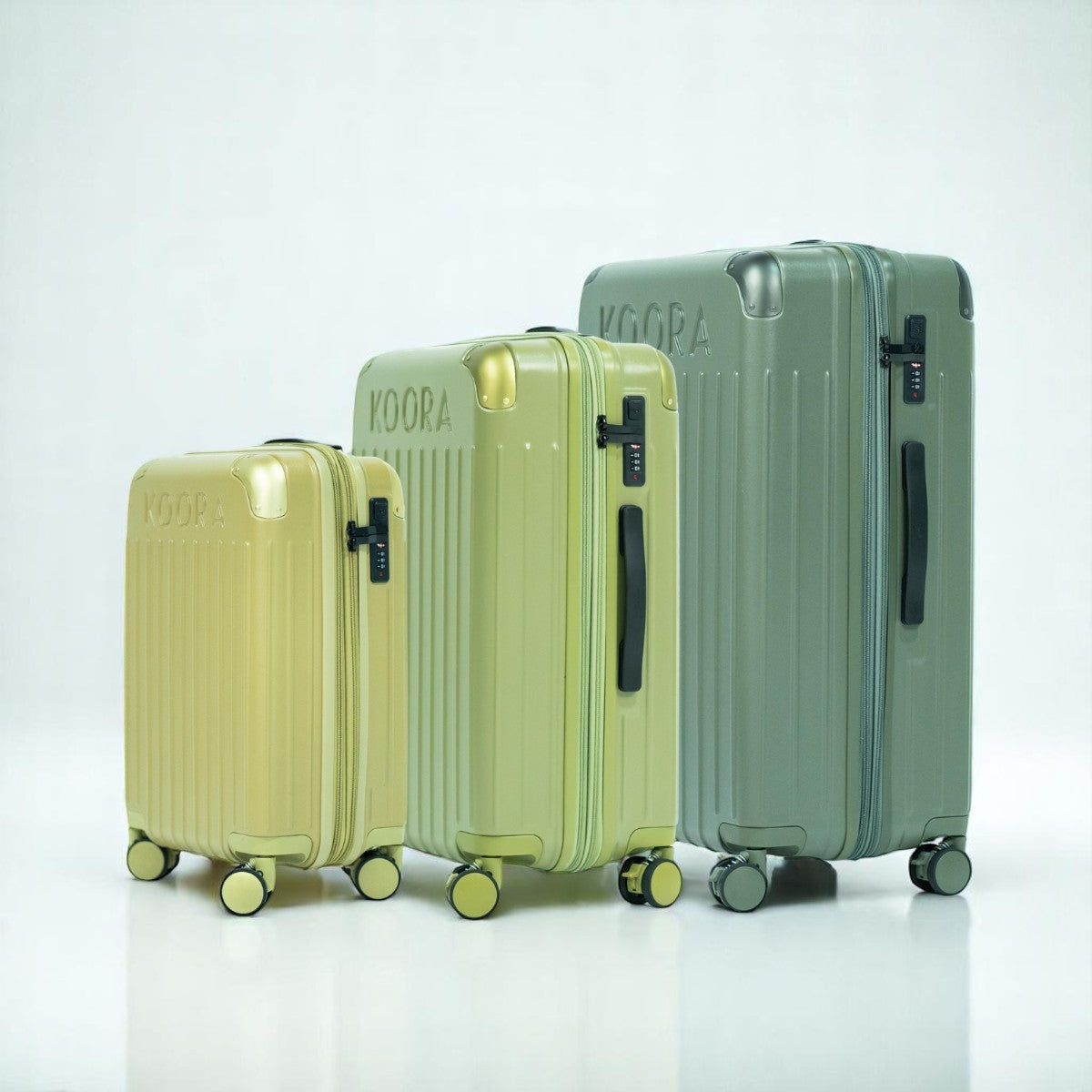
Should You Lock Your Check-in Bag? TSA Rules Explained
Every traveler wonders whether they should lock their checked-in baggage during flight preparation. People often decide to lock their luggage because they worry about theft, tampering incidents, and luggage items getting mixed up during transport. The Transportation Security Administration (TSA) demands specific rules for people flying in or out of the United States.

We will examine TSA restrictions, followed by the advantages and drawbacks of locking suitcase cases, with effective strategies for luggage security.
What Does the TSA Say About Locked Luggage?
Airport security under the TSA reviews baggage contents to prevent prohibited items from reaching transportation in the United States. Readings of your checked-in baggage can trigger TSA agents to perform a manual screening.
Travelers who want to streamline TSA inspections should use locks that the agency has approved. TSA-approved locks contain master keys that enable cargo agent access without causing harm to either baggage or security elements. Your bag is subject to damage or have its lock broken open when inspected by TSA because non-TSA-approved locks do not comply with their regulations.
In short:
-
-
You can lock your checked bag
-
But it must be with a TSA-approved lock if you’re traveling within or into the U.S.
-
What Are TSA-Approved Locks?
TSA-approved locks on your luggage can be opened by TSA agents using a master key. These locks are manufactured under agreements with the TSA and are marked with a red diamond logo (Travel Sentry) or a keyhole symbol. These indicators show that TSA agents can safely and easily unlock the bag for inspection.
You can find TSA-approved locks in various forms:
-
Padlocks with keys
-
Combination locks
-
Cable locks
-
Integrated suitcase locks (built into the luggage)
What Happens During a TSA Inspection?
The TSA agent does an inspection of your bag when it gets selected for screening.
-
The agent will access the bag by using the master key to open it when TSA locks are in place.
-
Examine the contents.
-
A notification will be placed within the bag to verify that the baggage inspection process took place.
TSA officers will be forced to cut or work through non-TSA-compatible locks that can damage zippers and luggage during the inspection.
Pros and Cons of Locking Your Check-in Bag
The decision to lock your check-in bag holds both positive and negative implications during travel.
The following evaluation of benefits and drawbacks will guide you in choosing whether to add a lock to your luggage.
Pros
-
The check-in areas provide open access to baggage handlers and airport staff, which exposes checked-in luggage to opportunistic theft. A locked suitcase acts as an obstacle to prevent casual opening attempts on your travel bag.
-
Your valuables remain safe by ensuring your luggage stays locked and defended against unnoticeable attempts to introduce unauthorised items by others.
-
Basic movements can damage zippers, which can lead to contents spilling out of your luggage. A lock is an effective way to prevent your contents from getting loose.
Cons
-
TSA May Damage It: If you use a non-TSA lock and your bag is selected for inspection, the lock may be broken, and the bag may get damaged.
-
False Sense of Security: TSA locks aren’t foolproof. Skilled thieves can still open them if they’re determined enough.
-
Lost Key or Forgotten Combination: If you misplace your key or forget the combination, you might get locked out of your luggage.
Are TSA Locks Mandatory?
No, TSA locks are not mandatory. You are not required to lock your bag, and many travelers don’t. It is perfectly legal to leave your bag unlocked, but it can be risky. If you choose not to lock your suitcase, ensure valuables are not placed in it, or consider wrapping the suitcase for additional protection.
Alternatives to Locking Your Luggage
If you’re still unsure about using a lock, here are a few alternatives to consider:
1. Luggage Wrapping: Many airports offer a plastic wrapping service that protects your bag from tampering and weather damage.
2. Cable Ties (Zip Ties): Some travelers use plastic zip ties as a tamper-evident seal. TSA agents can cut them easily, and you’ll know if someone accessed your bag.
3. Smart Luggage with Tracking: Newer bags come with GPS tracking or alerts when opened. While more expensive, these features add another layer of security.
What About International Travel?
TSA rules apply within the United States, but other countries have different standards. For example:
-
The UK and Australia generally follow similar inspection practices.
-
Certain international security personnel might lack TSA lock-opening tools, which leads to the destruction of these locks when necessary.
Foreign travelers must check security regulations both with their airline provider and at the destination nation prior to international travel.
Tips for Keeping Your Luggage Safe
- Put your useful belongings inside your handbag instead of placing them in your check-in baggage. You must maintain all valuable possessions such as money, electronics, jewellery, and important papers with you inside your carry-on bag.
- The TSA has given their approval to lock systems you should utilise when traveling.
- Include your contact details on your luggage through written information or leather tags, which should omit your home address details.
- At departure time, you should snap photos of your travel luggage and all items inside it.
- Your initial step upon arrival must consist of performing a thorough inspection to confirm that your bag shows no signs of tampering or damage.
Final Verdict: Should You Lock Your Checked-in Bag?
The safety protocol for checked-in luggage security requires TSA-approved locks during all flights departing and arriving.
Airlines demand that every piece of checked-in baggage use TSA-certified locking devices on all domestic flights. The use of locks on your travel bag works as a basic form of protection for your items, at the same time ensuring improved security during interactions with other handlers. Absolute protection comes from locking your items, but the lock operates primarily as a deterrent, so you need other safety methods to secure your possessions.



Leave a comment
This site is protected by hCaptcha and the hCaptcha Privacy Policy and Terms of Service apply.